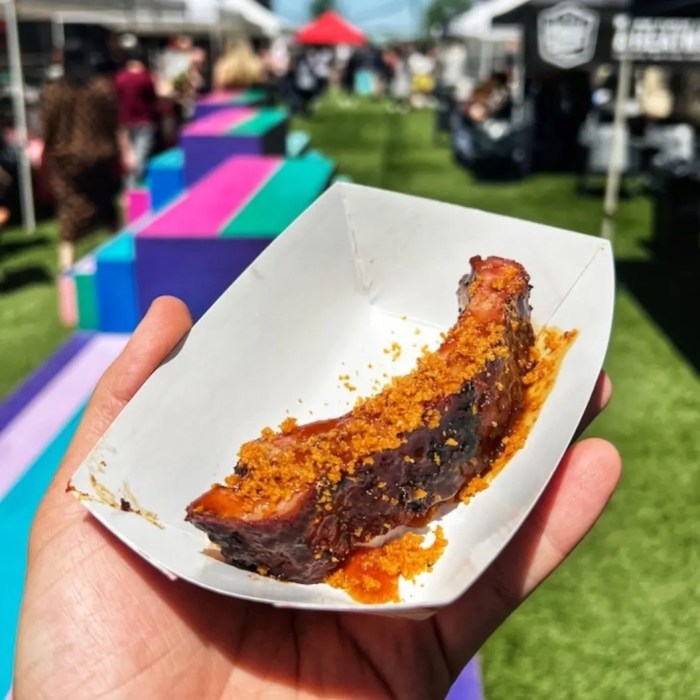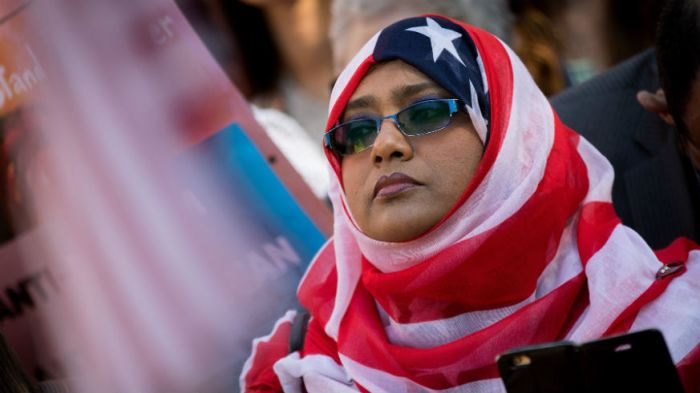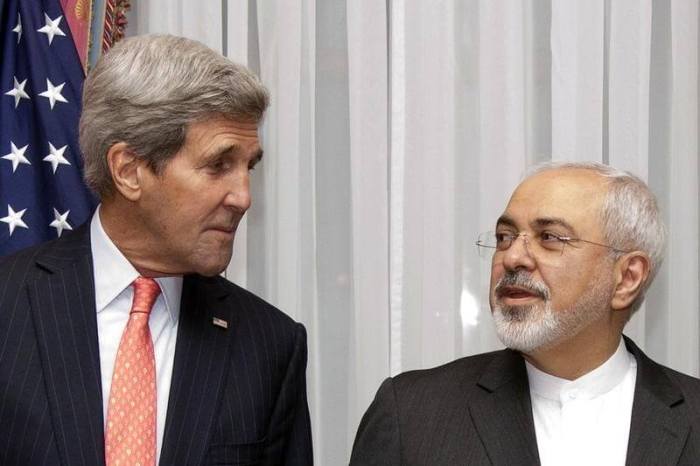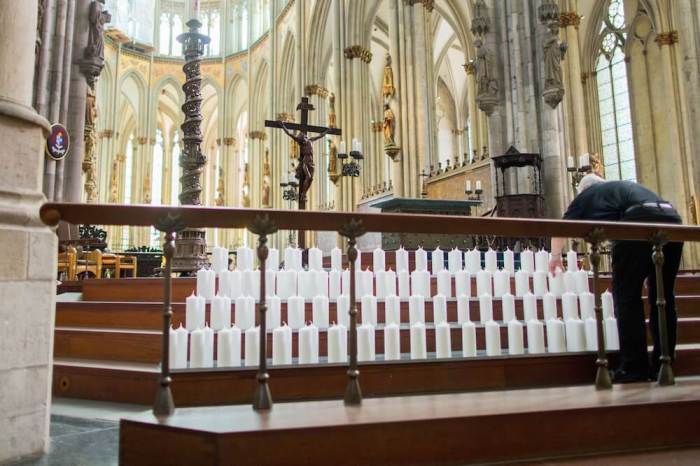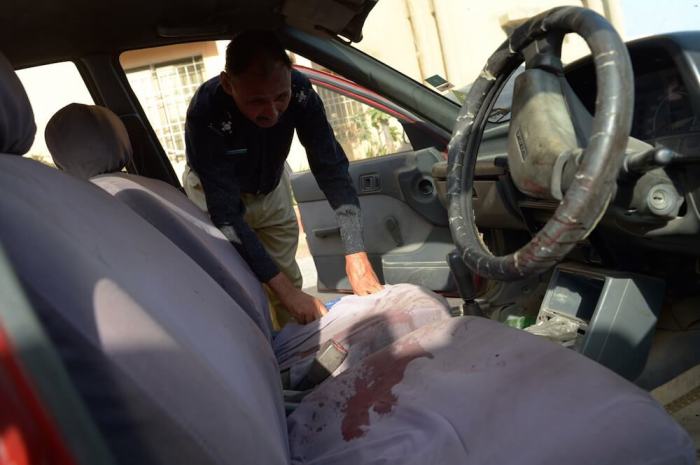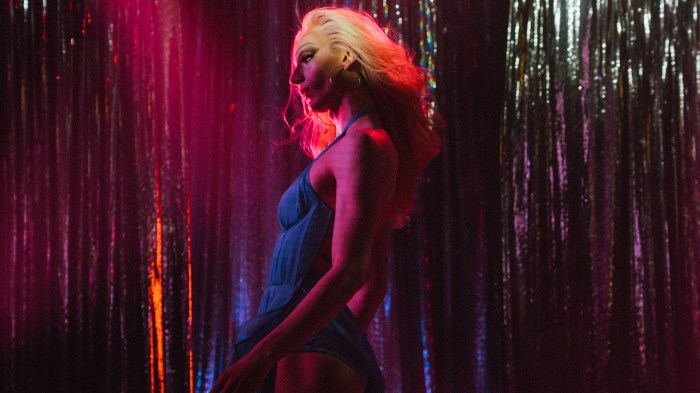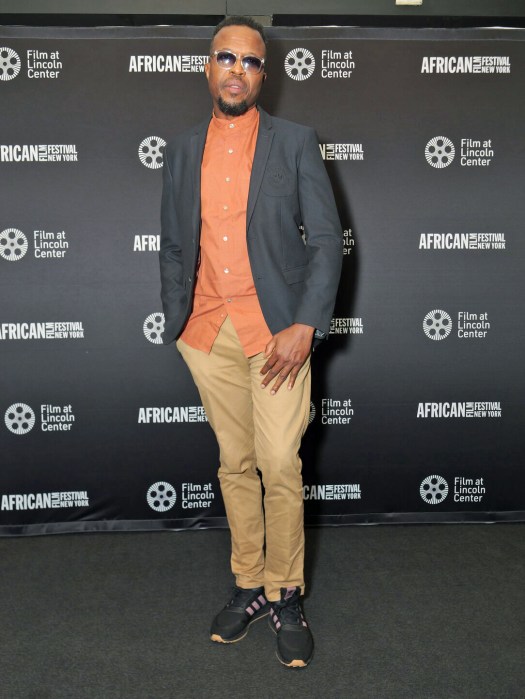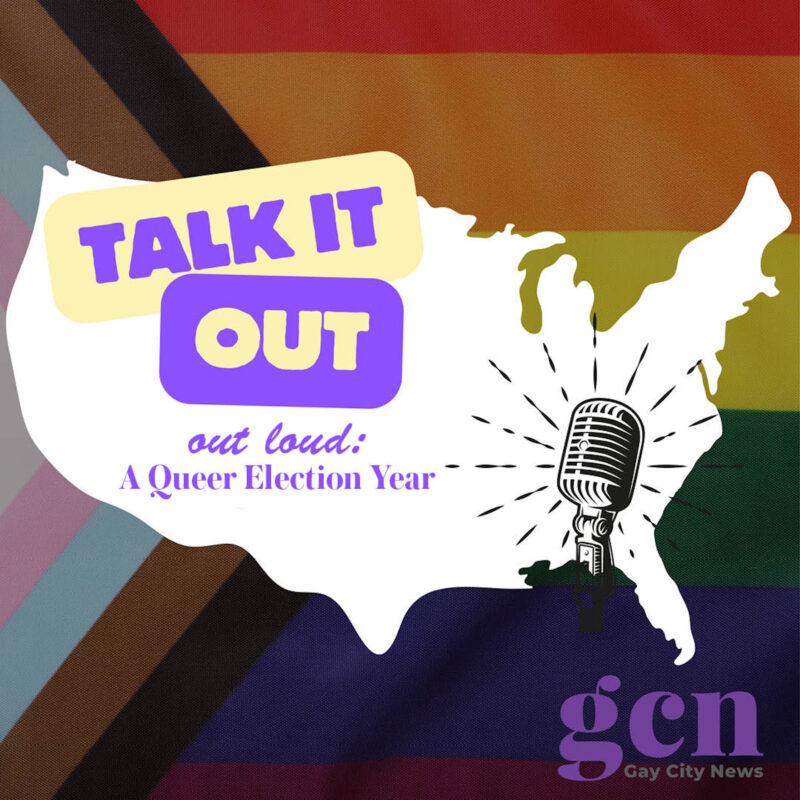On any given Sunday, Jamila Hooker will be in her Harlem apartment with a magic marker in hand, making black swooping marks on postcards that she will mail to dozens, hundreds, thousands of people across the globe. All she wants in return is a photo of the recipient holding the postcard on which she scribed their name in a mysterious script — Arabic.
“It’s a very simple project, but at the same time it’s really impactful,” said Hooker, who was born in Lebanon and lives in the El Barrio Artspace PS 109 with her husband and their two little girls (with a baby on the way). “Foreign Postcards” is Hooker’s ongoing artwork and social experiment that she conceived on a creative retreat in 2013. People sign upon her website, and when they email her their photo she adds it to her mosaics of participants demonstrating peace with a language that many people associate with fear, hate and danger. The exchange is a symbolicpact of brotherhood.
The world was a very different place in 2013, she admitted. The pain of 9/11 had softened and tolerance for Muslims improved, and the alienation between English and Arabic seemed surmountable.
Foreign Postcards had nothing to do with Donald Trump or a travel ban from Muslim countries when Hooker conceived of it. But because of a renewed climate of mistrust the project has taken on crucial importance. “Right now, there is a certain urgency with this project. I think that a lot of people feel numb and don’t know how to help, don’t know how to fight.
“If I post a picture of myself raising a fist at a rally I become the enemy. We have to show ourselves the most peaceful way possible,” she said.
Her message is a soft one: You don’t have to muster hostility in a protest, raise your voice or even join a group to denounce Donald Trump’s policies or hatred of people who speak Arabic.
“When I get messages from non-Muslim people it’s ‘I’m so happy to do something.’ When I get messages from Muslim people they say ‘Thank you for doing this for our culture and our people.” One particularly touching note she received was from a Jewish woman who got a postcard for her 2-year-old daughter.
“The message with her picture was ‘I really don’t want my daughter growing up thinking that we’re divided. I want her to understand the beauty of other languages and other people and other cultures.’” Hooker has not only invested her time, but her money, as she never charges for the postcards, but the postage to far off lands is costly. Since she began, she estimates she’s drawn the name-cards for as many as 4,000 people. “It’s getting expensive,” she said.
She’s hoping to offset costs by selling her related line of T-shirts printed with the words “Human Being” in Arabic for $20. The shirts add another dimension of social activism from the Foreign Postcards concept, Hooker said. It’s a public statement.
Hooker’s full-time work also falls in line with the message of acceptance. She recently joined the team of a social-impact creative agency headed up by Michael Skolnik, the entrepreneur and former media-relations guru for Russell Simmons. The first of their civil rights-related projects included the “I Am a Muslim Too” rally in New York on February 19, and the Women’s March in New York in January.
“I think the job was my destiny,” she said. “This is what I have to do.”
Harlem artist’s ‘Foreign Postcards’ divorces Arabic from fear
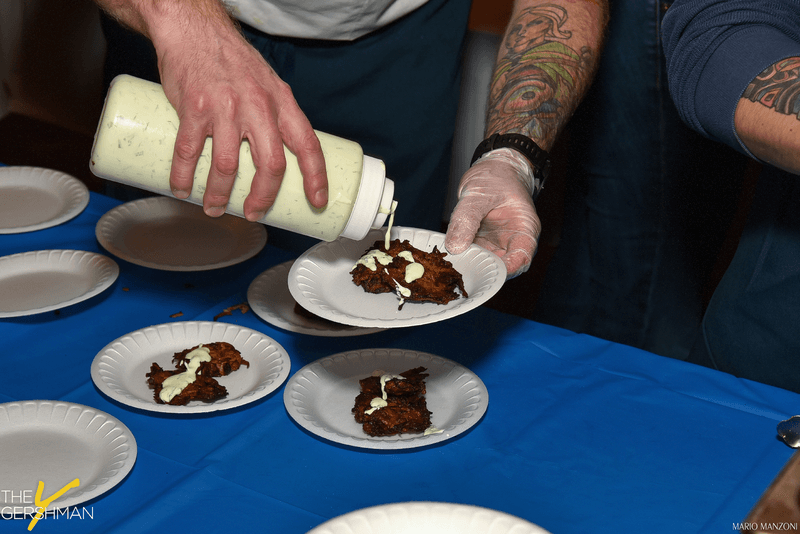
Derek Kouyoumjian/Metro Boston






